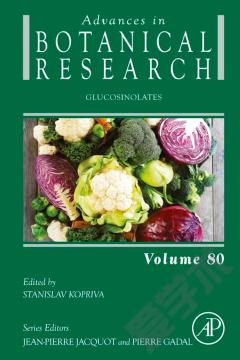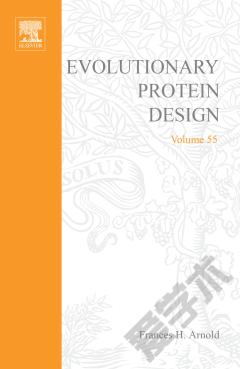Glutathione
This is the first serious attempt to synthesize all that became known of glutathione over the last three decades. The book contains an update of glutathione biosynthesis with special emphasis on its regulation in adaptive stress responses. Other chapters review glutathione transport systems and glutathione peroxidases and their differences in substrate specificities and localization. Further contributions center on the diversified roles of different glutathione-S-transferases and the roles of nitrosoglutathione and glutaredoxins - a subfamily of redoxins. The book closes with discussions of the analogous or homologous thiol metabolism in pathogens and the potential suitability of involved enzymes as drug targets. Key selling features: Summarizing the way glutathione is involved in stress responses Compiling the multiple ways glutathione affects inflammatory responses Disclosing how glutathione dampens programmed cell death such as ferroptosis Exploring the enigma of how enzymes accelerate glutathione-dependent processes Discussing how detoxification and redox regulation is mediated by glutathionylation Reviewing the ways glutaredoxins catalyze protein disulfide reduction Highlighting the medical impact of glutathione-related metabolic pathways Illustrating the role thiol metabolism of pathogens might play in drug discovery
{{comment.content}}








 京公网安备 11010802027623号
京公网安备 11010802027623号